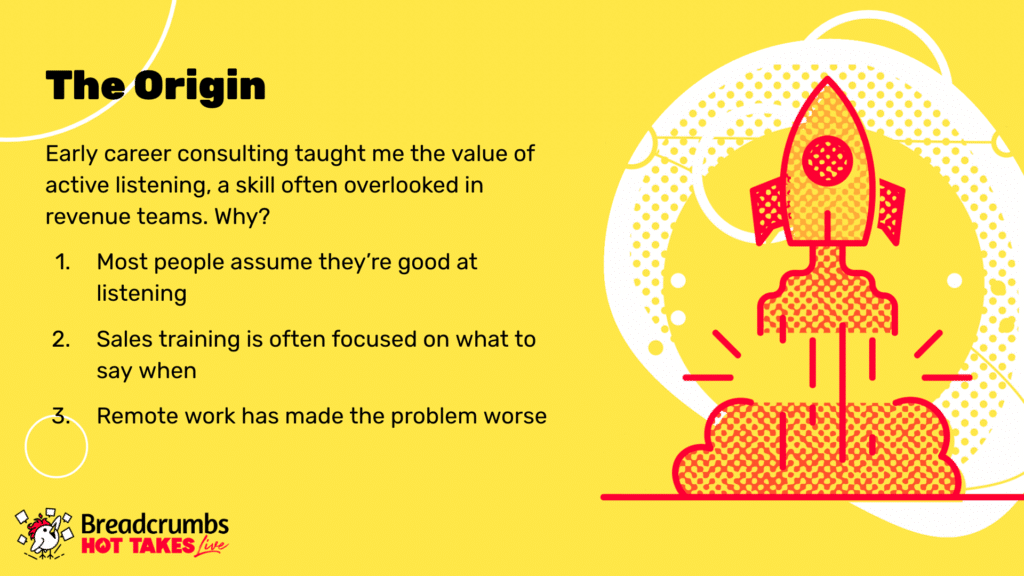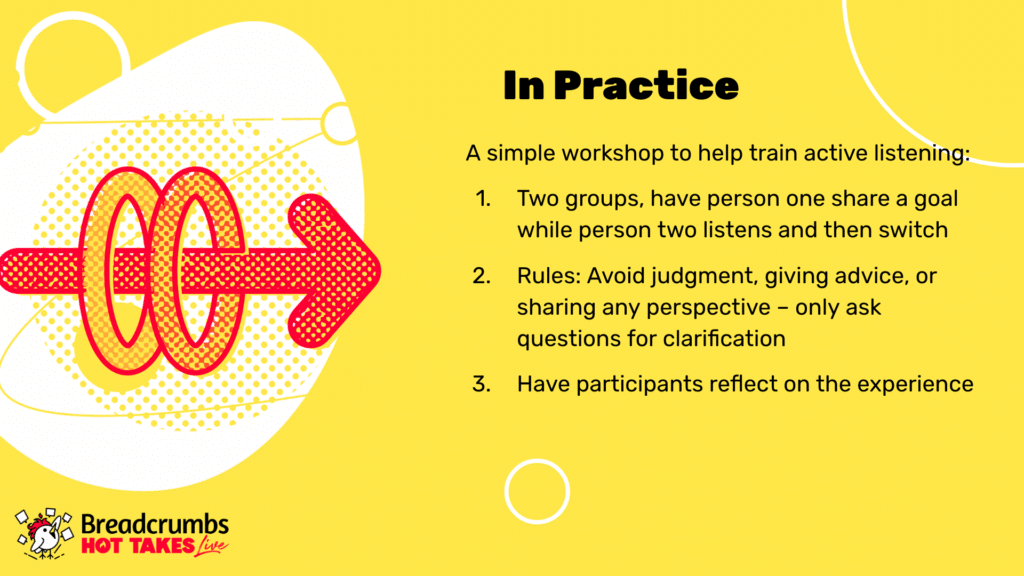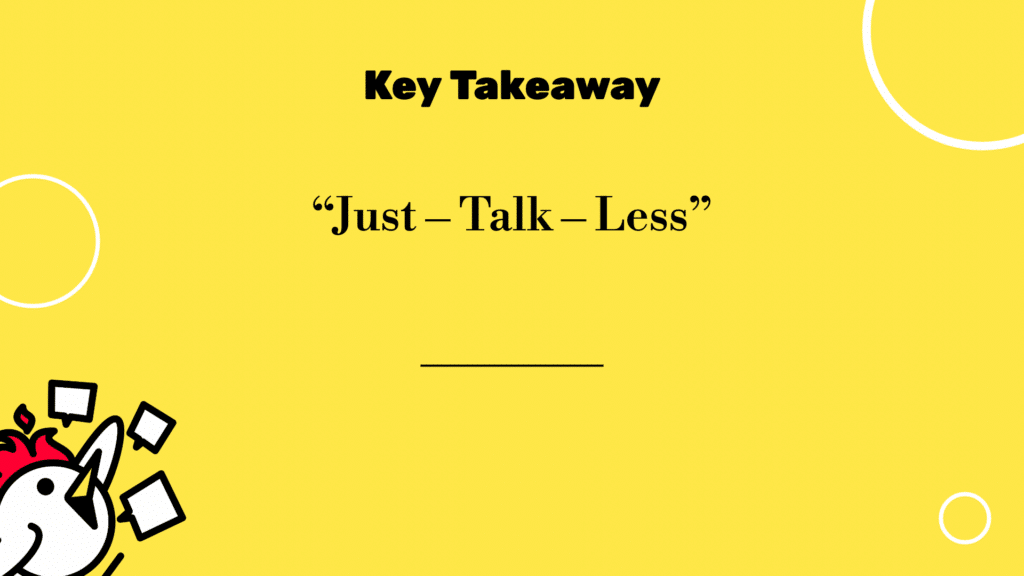

Unkover your competitors’ Marketing Secrets
Say goodbye to wasting hours on competitor analysis by equipping your team with an AI-driven, always-on competitive intelligence platform.


Say goodbye to wasting hours on competitor analysis by equipping your team with an AI-driven, always-on competitive intelligence platform.

Stay Ahead with AI-DRIVEN Competitive Intelligence
Unkover is your AI-driven Competitive Intelligence team delivering critical updates about your competitors the moment they happen:
Track your competitors website changes
Why spend all day stalking the competition when you don’t have to?
With Unkover, you’ll know instantly when your competitors tweak their messaging or shake up their pricing. No more endless scrolling through their sites or second-guessing your strategies.
Let us do the heavy lifting for you, ensuring you’re always in the loop by notifying you the moment a critical change happens on your competitor’s pages.
Sit back, relax, and keep winning—Unkover makes sure you’re not just in the game, you’re always a step ahead.


Read your competitors emails
Companies love updating their customers and prospects about relevant news, product updates, and special offers.
That juicy info from your competitors? It’s yours too. Unkover will automatically capture all their emails and bring them right to your doorstep—accessible to your entire team, anytime.
[COMING SOON: Our fine-tuned AI will sift through these emails, extract key information and send them over to the best team within your org. Less noise, more signal!]
We hear you! Unkover’s goal is not to flood you with tons of data points that no one in your team will ever read. We gather competitive intelligence from thousands of data sources and use AI to highlight actionable information to the right team in your company.
Say goodbye to noise. We’re 100% signal.
ROADMAP
We’re excited to get Unkover in your hands as soon as possible and keep building the best competitive intelligence tool with your precious feedback. The roadmap for the next few months is already exciting, so take a look!
While we build and deliver, here’s our promise to you: as an early tester and customer, you’ll lock in an exclusive bargain price we’ll never offer again in the future.

Spy on your competitors’ full marketing strategy: social, ads, content marketing, email flows, and more.

Track competitive Win/Loss analysis and build battle cards. Get alerted at every pricing change.

Get immediate alerts when competitors announce new features or major releases. Identify strengths and weaknesses from online reviews.

Get the competitive intelligence you need where you need it: Slack, eMail, MS Teams, Salesforce, Hubspot, Pipedrive and more.
slack integration
Unkover’s Slack integration lets you keep your whole team up to speed with your competitors’ updates.

Join now to lock in an exclusive 50% lifetime discount
For startups and small teams, it’s the essential toolkit you need to keep an eye on a select few competitors.

Up to 5 competitors

50 pages monitored

10 email workflows

3-day data refresh
$39
/per month
$ 79
50% discount
Billed annually
For growing businesses, it allows you to monitor more competitors, pages, and email workflows.

Up to 10 competitors

100 pages monitored

20 email workflows

1-day data refresh
$79
/per month
$ 159
50% discount
Billed annually
For large companies, it is tailored to meet the needs of multiple teams needing granular insights.

Custom number of competitors

Custom number of pages monitored

Custom number of email workflows

Hourly data refresh
Custom price
Billed annually

Ask 10 different sales leaders what makes a great salesperson you’re bound to get many of the same answers: Product knowledge, effective communication, discipline, etc…
However, the skill of listening is often overlooked as most assume they are good at listening. They are wrong.
In this session with Clay Miner, Global VP of Sales & Value Engineering at Pendo, you’ll learn:
Joe Aicher
I am looking forward to this topic, for sure. We have Clay Miner joining us. He’s the Global VP of Sales & Value Engineering at Pendo. Welcome Clay.
Clay Miner
Hey Joe, nice to see you. Glad to be here.
Joe Aicher
Definitely. Glad you could participate. This is a cool topic, “Think you’re good at listening? You’re not.” I would love to tell more of my reps to be listening more actively, so definitely interested in what you’ve got to talk about, so I will duck out and let you take over.
Clay Miner
Awesome. Well, thanks. I gotta say I love this format. I think in this two-dimensional world that we live in, 15 minutes is my attention span, so I’m hoping that those out there listening can take something away in this short time frame.
As Joe said, my hot take is, “Think you’re good at listening? You’re not.” I spent a lot of time perfecting the art of listening, and I’m really excited to talk about that today.
But first, let me introduce myself. I’m a global Vice President of Sales & Value Engineering at Pendo. Pendo is a not-so-small startup with about a thousand people, but I’ve been there and really seen that company scale almost 10x from when I joined.
For my interesting fact, I chose to go a little different direction. I really like octopuses and octopuses, if you didn’t know, they have three hearts and blue blood. Now I could talk about how I started a company out of, you know, 14 or the mountains that I’ve climbed, but this to me is interesting, and I bet you will remember it more than some fact about myself.
What is most interesting is not the three hearts and blue blood. But in fact, it is octopuses and not octopi. Octopus is a Greek-origin word, not a Latin-origin word. If it were Latin, it would be octopi. I learned that just recently, so I thought I would share it.
But let’s talk a little bit about my hot take and how we got there. So early in my career, I was a mechanical engineer. I had the opportunity to go into oil and gas but chose not to and got into consulting.
As a consultant, you’re paid hourly basically to be on-site, and I was all over the world; as I observed in my early years, the best consultants were often the best listeners. It was something about that experience that I took with me as I moved to San Francisco, got involved in early startups, and ultimately sales and go-to-market that I carried with me. It wasn’t until recently I really used this idea of active listening to define me.
As I look around my counterparts, it’s often overlooked by revenue teams. I bristle all the time when I see on LinkedIn, “Hey, make sure you’re asking these discovery questions,” “Here’s how you price-protect,” “This is how you do your band, or force management, or MEDDPICC” or whatever.
It’s all about what we say versus how we listen and how we use our ears. I think that’s because most people just assume that they’re good at listening or, in fact, they’re not because listening is hard, and we’ll talk about that in a little bit.

And I also just have observed going through sales training myself; as I said, it’s very focused on what to say when, the five why’s, here’s how you price protect. I think that this world of remote work has made the problem worse. So let’s dive a little deeper and talk about what I’m talking about when I say the difference between active listening and hearing.
So, in short, active listening takes focus, and focus is something that’s really hard to do, especially in two dimensions like we are right now. In fact, for those out there right now, I bet half of you are merely hearing me, and there’s a big difference between hearing and listening.
I hear the motorcycle driving by my house right now; it’s involuntary. Listening is something you opt into with both your mind and your body. I turn towards the presenter. I give them my full self, and I’m listening to you.
That’s different than hearing. If you have your Slack up right now, you’re hearing me; you’re not listening to me. The other thing that I think people often confuse is that maybe they’re focused and locked in, but they have preconceived stuff going on in their minds. They’re thinking about what they want to say.
I’ve observed this often with early career sales professionals or sales engineers, where maybe they’re doing some discovery, and they hear a pain point that they can solve, and, boy, are they excited to talk about that, so they turn off listening. They start thinking about what they’re going to say. They get excited by that.
Well, that’s a miss. If you’re thinking about what you’re going to say, that’s exactly what you’re doing; you’re not actually listening. You’re thinking about what you’re going to say, and I think the final thing that we should all just realize and recognize is active listening is hard, and admitting that you weren’t listening is okay, and I think we really need to normalize that.
I was on a vendor call, surprise-surprise, an AI vendor that we’re investigating for a use case, and I was describing the pain that I was having, and I could tell that the rep on the call was not listening to me. Their eyes were shifted up; they were probably on Slack multitasking, as we’re all guilty of, but instead of them saying, “Oh, sorry, Clay, I wasn’t listening. Can you repeat that?” they launched into a demonstration that really had little to do with the problem that I was having. I think I would be totally fine if that individual just said, “Oh, hey, shoot, sorry, I got distracted; say that again. I’m locked in. Now I’m listening.”
I think that we’re all too, I guess, a little gun-shy to admit at times when we’re distracted. So what can we do to kind of coach this? I think this is really the takeaway that I’m hoping people learn.

I’ve done this workshop at several companies. I actually was part of a leadership council that did this workshop, but I’ve taken it with me, and I think it plays great with revenue teams.
You take your team and break them up into groups of two people, so you’re gonna have groups of two and have the first person share a goal while the other person listens, and that goal can be work-related or personal-related. I want to run a marathon, and the rules are the listener needs to avoid judgment, which is really hard to do, but clear their mind of any preconceived judgment.
They need to avoid giving advice like “Here’s what I would do.” Also pretty hard or sharing in any perspective like “You want to run a marathon? My sister ran a marathon.”
All these three things are off the table; they can only ask questions for clarification, and what’s an example of clarification is something like, “Hey, what I hear you’re saying is when you say X, do you mean Y?”
Sharing empathy is totally fine. “Oh, I can sense that’s really frustrating; what do you think you’re going to do about XYZ?” These are active listening questions that you can use for clarification.
After the five minutes, have your participants switch and then do the same thing. At the end of this 10-minute exercise, go around the room and have participants so both listeners and the people sharing the goal have them reflect on the experience.
I think you’re going to find two things. First, the people who are listening are going to find this difficult if they haven’t done this before because it is hard to avoid judgment, it’s hard to avoid giving advice, and I think the perspective piece is particularly hard.
It’s human nature to want to jump in and say, “Oh well, you know, that reminds me of this one time,” and that’s what we’re really trying to avoid; if we’re truly listening, we’re locked in, it’s your floor.
On the other side, the person that was sharing, I guarantee you, somebody in your group is going to say, “Wow, that was really valuable; I found that valuable,” and this is where it comes back to me. It’s the magic moment in sales.
I run a value engineering team, and the goal of this team is to help quantify value; we joke that the V word is way overused in software sales. The reality is that value can simply be exhibited; it can be given by active listening by listening to somebody.
Reflect on this with me; think back to your personal life, think back to times when you’ve been confronted with change when you wanted to change who you are. If you want to achieve something, chances are there are people in your life that help you get there, and I guarantee you those people you think of as good listeners, as people you trust.
And if you think of enterprise software sales, it’s no different. We’re selling change, ultimately. Yes, we sell tools, but the tools are just used for organizational change, and in order to get that deal across the line, that person must trust you, and that person must have an empathetic relationship with you, and we do this by being good listeners.
Now I want to leave you with this good story that really has kind of solidified this idea that has really kind of been a bedrock of my career.
I was very early in my career, this was pre-IPO Zendesk days, and I was in New York. We had a deal, a multi-billion dollar deal, a conglomerate. They sell perfume or something like that.
We were on the 47th floor of the Empire State Building, and I was an eager individual contributor, and I was so fired up. I’d done tons of prep work; I got into that demonstration, and I thought I crushed it, right, I thought I crushed it.
We came down from that demonstration, and I remember sitting with the account executive at lunch, and I could just tell something was off. I finally said, “Look, John, what’s going on?” He reached across the table, tapped the table, looked at me, and just said, “Hey Clay, next time, just – talk – less.”

And it’s something that has kind of stuck with me. It has become a little bit of a mantra of mine for teams that I coach and folks in my organization. I mean that sometimes literally, but what I mean more importantly is to calm your mind. When you are in a situation where people are trying to change, you need to open the aperture and truly listen, and that takes your mind, your body, and quietness; just – talk – less.
Now I want to transition a little bit, and then we’ll get into Q&A, but it wouldn’t be right without a shameless plug for my company, Pendo. So Pendo is great at listening to your customers. We really are leading in this kind of product-led movement. We offer a suite of tools for product managers and quantitative analytics. We do offer survey capabilities and a wide variety of other things. We do offer a free platform; hit the QR code, hop in there, and get excited about it.
But I really appreciate people listening. I hope people who are listening, probably maybe half of you were, if we’re lucky, but with that, I would love to go to questions and hear from anybody on chat.

Hot Takes Live
Replays
Catch the replay of Hot Takes Live, where 30 of the top SaaS leaders across Marketing, Sales, and RevOps revealed some of their most unpopular opinions about their niche.
These leaders shared what lessons they learned and how they disrupted their industry by going against the grain (and achieved better results in the process).
Joe Aicher
Yeah, for sure. If anybody’s got a question or comment, feel free to post it there.
In the meantime, I think this story resonates with me a lot. The stories that you shared and also I have a similar one when it comes to multitaskers. I kind of hate the word multitasking because it’s not a real thing. How many times have you been in a situation where you’re trying to talk to one of your co-workers, and they’re either looking at their phone, they’re typing on Slack, they’re clicking other things, and you say, “Oh, did you get that?” and they say “Yeah, I got it, I’m really good at multitasking.”
That’s to me as a fallacy; you’re really not giving your attention, you’re really not giving your focus, and there are so many times where that spills over into our conversations with buyers. And so I’m just curious, how you’ve seen that not only from the buyer conversations, even just the interpersonal interoffice type of environment lately, with devices and the motorcycle driving by, and all that stuff, how’s that kind of getting better or worse for you?
Clay Miner
I will say that the Zoom world we live in makes this tremendously difficult because pre-covid when we’re all in person, I was the first one to say, “Hey, laptops down.” If I had an internal meeting, it was a laptops-down meeting. We did not have distractions because it’s a waste of time; it’s inefficient.
But in this two-dimensional world, I can appear as if I’m listening to you, but I’ve got Slack, Gmail, Twitter, and many other distractions. It’s really difficult, but I do think that being open and honest, especially with prospects, “Hey, look, I’m not here to waste your time. I want to get right to the point; I want to be judicious with how we execute this meeting,” and I think attention spans have gotten shorter and shorter.
I think you gotta do the best that you can in the two-dimensional world, and that is if your topic is only 17 minutes, run 17 minutes to get the heck off the phone. I think what happens is the reason people multitask is they lose value in the conversation. So I think the antidote, of course, is to have high-impact, high-value straight-to-point conversations and kind of move at the speed the two-dimensional world requires.
Joe Aicher
Yeah, and look, I want to flip the script slightly in my last comment. What about your prospects and their active listening? How many times have you been on a demo call or any sort of customer call, and you’re going on a diatribe about the wonders of Pendo, and you just start seeing the conversation drift a bit and the heads nodding down? Are there strategies that you guys use or think of as you’re going in the opposite direction?
Clay Miner
Yeah, well, I’m always a fan of name-calling. I don’t mean that rudely, but I will say, “Hey Joe, what do you think?” because I see you looking down at your phone. And all of a sudden, it’s like a student in class being called out, “Oh, shoot, I was supposed to be tuning in.”
I do think just kind of building that repertoire and being able to call on people, and you can do that on Zoom, I think that’s totally fair, but again, and I think it’s just important to stay the tighter, the shorter as possible. I feel like I’ve just said this over and over again, but attention span, I’ve just seen it in myself, it’s just been shrinking, and so you’ve got to stay tight with your message to combat that stuff.
Joe Aicher
For sure. Well, Clay, thank you so much. We’re up at time now. Hopefully, everyone had a good listening and took something away. I appreciate you spending time with us. It was a wonderful talk, and hope to connect soon.
Clay Miner
Absolutely. Thanks a lot, Joe.
Joe Aicher
All right, have a great great day.